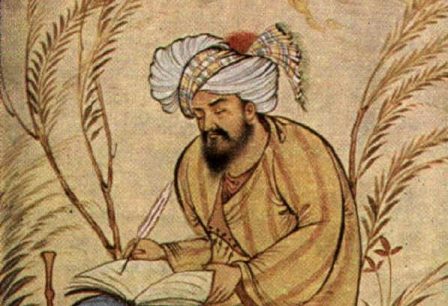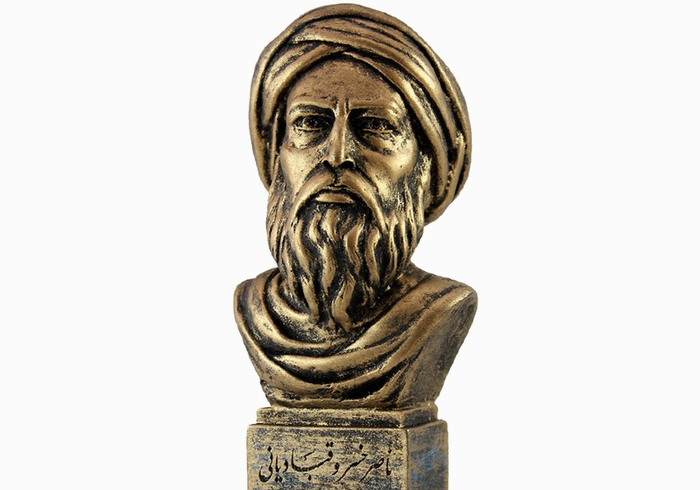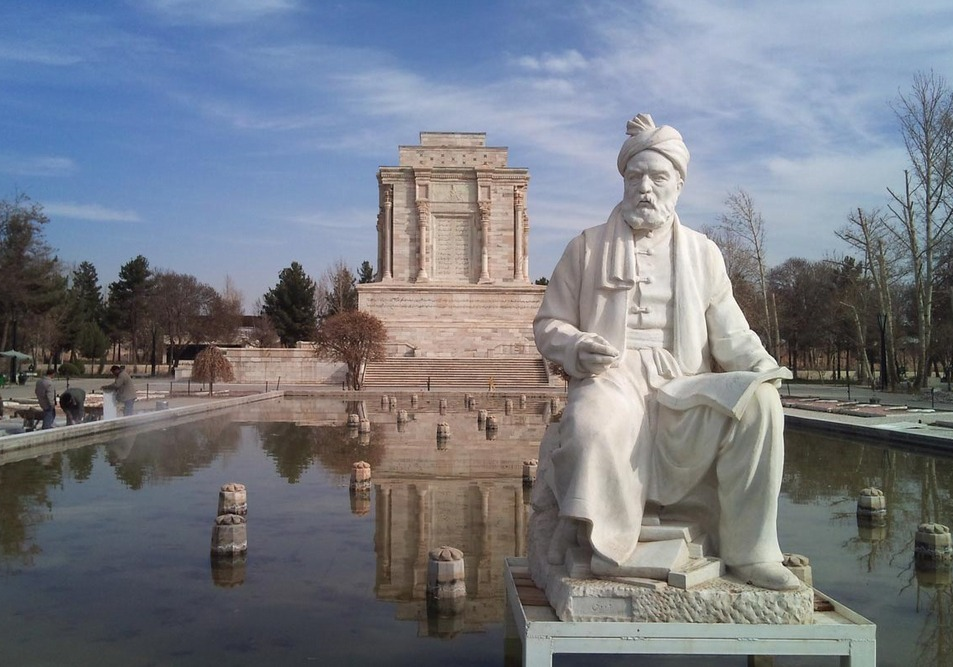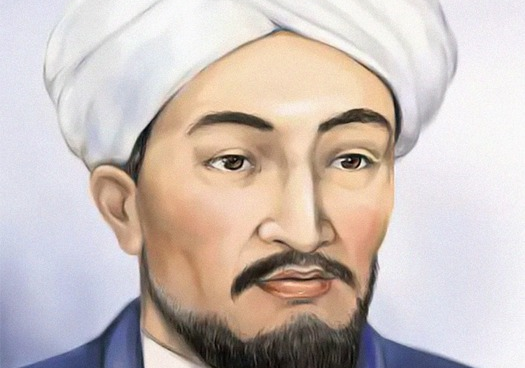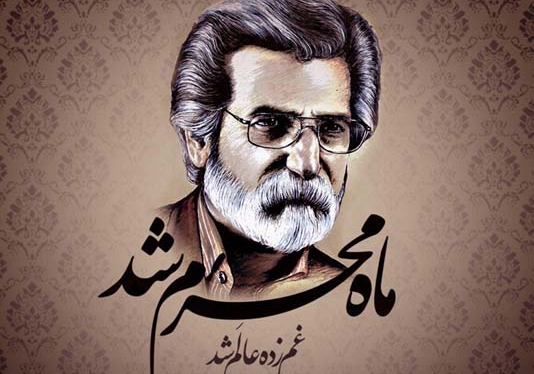
Abu Sai’d Abu’l-Khayr: A Scholar Who Avoided Fanaticism
Abu Sai’d Abu’l-Khayr: A Scholar Who Avoided Fanaticism
Keynote
What seals Abu Sai’d Abu’l-Khayr’s name in history is that he was devoid of fanaticism. He respected everyone, regardless of their religious or cultural affiliations. He is also known as “the father of practical mysticism in Persian literature”.
Description
Abu Sai’d Fadhl-Allah ibn Abu’l-Khayr Ahmad ibn Mohammad ibn Ibrahim, also known as Sheikh Abu Sai’d Abu’l-Khayr was a famous Iranian poet and mystic who lived from 967 to 1049 CE. He is one of the most prominent mystic poets in the history of Persian literature. He poured down his thoughts on paper in the form of quatrain. Quatrain is a traditional stanza of Persian poetry, consisting of four lines with the rhyme scheme of AABA. Abu Sai’d Abu’l-Khayr is believed to be “the pioneer of practical mysticism in Persian literature”.
Biography
Abu Sai’d Abu’l-Khayr was born in a place called “Mihleh” between Abiward and Sarakhs. His father was fond of mysticism and regularly attended mystic gatherings taking his son along. Abu Sa’id was introduced to Sufism through participating in these gatherings, where he got to meet the likes of Abul Qasim Bashar Yasin, Abolfazl Sarakhsi, Loghman Sarakhsi, and Abul-Abbas Qassab Amoli. He then learned jurisprudence from Al-Qaffal al-Shashi and Abu Abdullah Khezri. Abu Sa’id traveled to Sarakhs, Amol, and Tus, but eventually chose to stay in Abu Ali Tartusi’skhanqah(a building designed for spiritual practice and religious education) in Neyshabur. He studied hard and worked tirelessly in Neyshabur, and was given the title “sheikh”, or in other words “murshid”.
Abu Sai’d spent ten years in Neyshabur before he traveled to Mecca together with his son, Abu Tahir Sai’d, to perform Hajj. On his way, he met with Abu al-Hassan al-Kharaqani in Shahrud, where he was warmly hosted. Abu al-Hassan al-Kharaqani is a well-known name in the history of mysticism in Iran. Abu Sa’id held the last mystical gathering of his life in 1048 CE. He used the occasion for two purposes. He first introduced his son, Abu Tahir, as his successor and then made some instructions about his burial ceremony. He passed away in Neyshabur and was buried in his birthplace.
Avoiding Fanaticism
Abu Sai’d Abu’l-Khayr taught his students to avoid fanaticism. He paid respect to everyone, regardless of their set of beliefs. He sincerely believed that mysticism and Sufism must be practiced rather than discussed. Historians argue that he viewed anger, oppression, and torture as wrong ethical values. He also believed that it may be possible to control mankind through force, but it would be impossible to make anyone righteous that way. Despite having had the necessary knowledge on hadith, jurisprudence, and literature, He never wrote any book or treatise. However, some of his letters to his comrades, friends, and family members are still available.
In order to introduce Abu Sa’id’s personality to the world, his grandchildren compiled “Asrar al-Tawhid” and “Abu Sa’id’s Speeches and Thoughts”. A number of his quatrains were also published by Saeed Nafisi in 1955, which is considered to be the main source of Abu Sa’id’s quatrains. Attar Neyshaburi has mentioned Abu Sa’id’s name in his works. He has narrated stories about Abu Sa’id in the form of poetry. There are nine stories about Abu Sai’d in Attar’s “Ilahinameh”, five of the same in “The Mantiq al-Ttair”, one in “Asrarnameh”, and a number of stories in “Musibatnameh” in that regard.
Eternal Advices
Abu Sai’d Abu’l-Khayr lived around a thousand years ago, but his teachings and moral advices still remain accurate, precise, and helpful. According to “Asrar al-Tawhid”, Abu Said described a wise person as someone who “listens to all opinions about a particular issue and thoroughly examines them, distinguishes right from wrong, picks what is right and throws away what is wrong; just as someone who loses a coin, but sieves every bit of the soil to find it.”
| Name | Abu Sai’d Abu’l-Khayr: A Scholar Who Avoided Fanaticism |
| Country | Iran |
| Nickname | Abu’l-Khayr |
| Production Time | 967 to 1049 CE |
| Works | “Ilahinameh” “The Mantiq al-Ttair “Asrarnameh” “Musibatnameh” |
| Yard period | the past |
| Type | Literary,Academic |

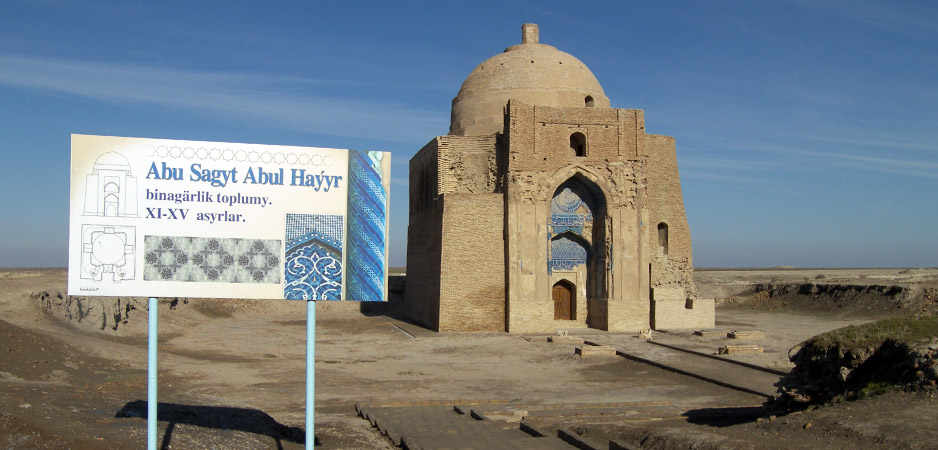


Choose blindless
Red blindless Green blindless Blue blindless Red hard to see Green hard to see Blue hard to see Monochrome Special MonochromeFont size change:
Change word spacing:
Change line height:
Change mouse type:
